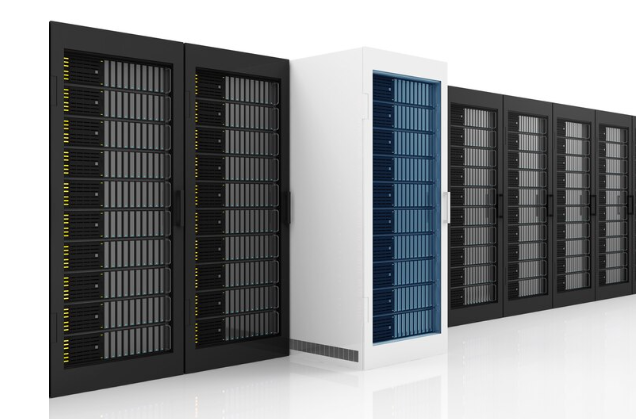
In today's data-driven world, organizations are constantly seeking efficient and reliable storage solutions to manage their ever-growing data. Network-attached storage (NAS) has become a popular choice for data-centric organizations due to its ease of use, scalability, and cost-effectiveness. In this blog post, we will explore the advantages and challenges of using NAS storage for data-centric organizations.
Advantages of NAS Storage:
NAS storage offers several advantages that make it an attractive option for data-centric organizations. One of the key benefits is its ease of use - NAS devices can be easily set up and managed without the need for specialized IT skills. This makes it an ideal solution for organizations that do not have dedicated IT staff or resources.
Additionally, NAS storage is highly scalable, allowing organizations to easily expand their storage capacity as their data needs grow. This scalability is particularly important for data-centric organizations that are dealing with large volumes of data on a daily basis.
Furthermore, NAS storage is cost-effective compared to traditional storage solutions such as SAN (storage area network). It requires minimal hardware investment and can be easily integrated into existing networks, saving organizations both time and money.
Challenges of NAS Storage:
While NAS storage offers many advantages, there are also some challenges that organizations may face when implementing this solution. One common challenge is limited performance compared to SAN solutions. NAS storage is typically designed for small to medium-sized businesses with moderate performance requirements.
Another challenge is security concerns related to storing sensitive or confidential data on a shared network. While most NAS devices come with built-in security features such as encryption and access controls, organizations need to ensure that proper security measures are in place to protect their data from unauthorized access or cyber threats.
Data Protection and Disaster Recovery:
Data protection and disaster recovery are critical considerations for any organization using NAS storage. To ensure the safety and integrity of their data, organizations should implement regular backup procedures and disaster recovery plans.
Many NAS devices offer built-in backup and replication features that allow organizations to create redundant copies of their data in case of hardware failure or other unforeseen events. Additionally, cloud-based backup solutions can provide an extra layer of protection by storing copies of critical data off-site.
Future Trends in NAS Storage:
As technology continues to evolve, so do the capabilities of NAS storage solutions. Future trends in NAS storage include advancements in flash memory technology, which can improve performance and efficiency for data-centric organizations.
Another trend is the integration of artificial intelligence (AI) and machine learning algorithms into NAS devices, allowing organizations to automate tasks such as data management, analytics, and predictive maintenance.
Overall, these trends show promise for enhancing the capabilities of affordable NAS storage and providing even greater value for data-centric organizations in the future.
Conclusion:
In conclusion, NAS storage offers numerous advantages for data-centric organizations looking for a reliable and cost-effective solution to manage their growing volumes of data. While there are challenges such as performance limitations and security concerns, these can be mitigated through proper planning and implementation.
By prioritizing data protection measures such as backups and disaster recovery plans, organizations can confidently leverage the benefits of NAS storage while ensuring the safety and integrity of their valuable information.
Looking ahead, future trends in NAS storage hold exciting possibilities for further improving performance, efficiency, and automation capabilities. As technology continues to advance, it is clear that NAS storage will remain a valuable asset for data-centric organizations seeking innovative solutions to meet their evolving needs. Contact us to learn more about NAS storage devices.
NAS Storage for Data-Centric Organisations: Advantages and Challenges